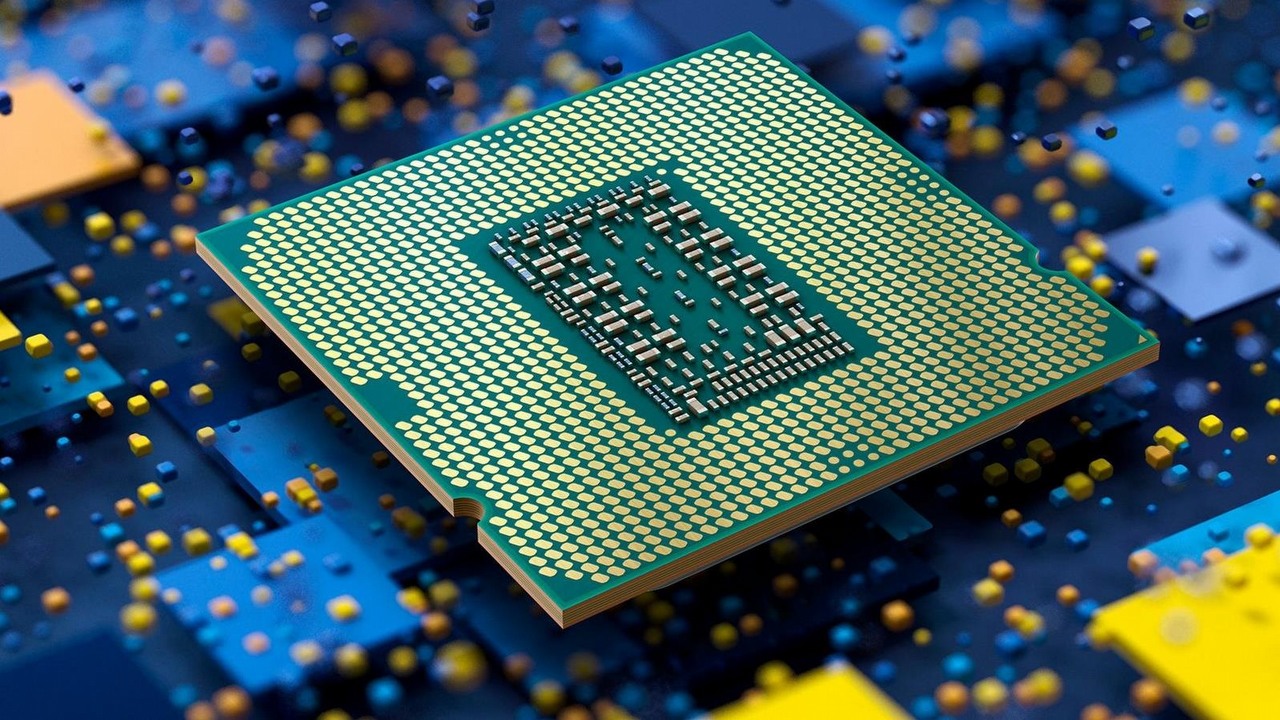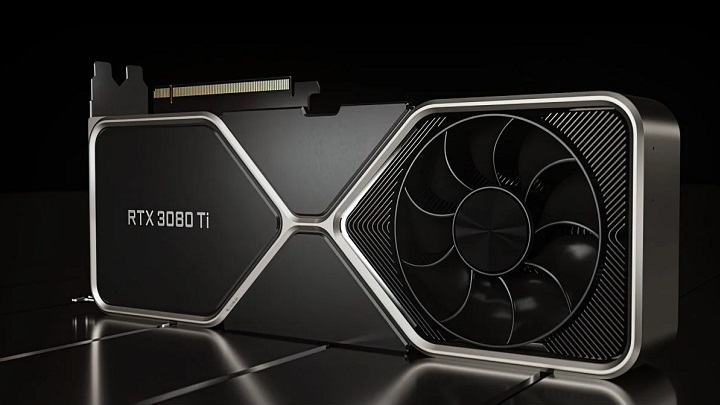Intel on Chip Shortages - Better Get Used to It
Pat Gelsinger once again addressed the current chip supply problems. Unfortunately, Intel's CEO still confirms that the semiconductor shortage could last for several years.
1

You remember the bad forecasts of Intel's CEO, according to which problems with the availability of chips (and thus electronic equipment) may last for a very long time. Unfortunately, a month has passed and Pat Gelsinger repeated his opinion during a virtual conference at the Taiwanese technology fair Computex Taipei (via Reuters). According to Gelsinger, the shortage of semiconductors is a problem that probably will not be solved earlier than in a few years, despite the initiatives of many technology companies:
"While the industry has taken steps to address near term constraints it could still take a couple of years for the ecosystem to address shortages of foundry capacity, substrates and components."
These initiatives include Intel creating its own network of semiconductor factories in the US and Europe, according to Pat Gelsinger. TSMC is also building new facilities to help solve supply problems. Unfortunately, we will have to wait a long time for the effects of these actions. "Demand surge cycle" for semiconductors (resulting from frequent purchases of electronics due to forced stay-at-home during the pandemics) has de facto overloaded supply chains that were already struggling (at least initially) due to coronavirus-imposed restrictions.

Gelsinger's predictions are very bad news for those trying to buy electronics (and other things). Buyers have already faced higher GPU prices since last year due to the limited number of units shipped to stores. Meanwhile, chip price increases just went into effect, which will not be without an impact on the prices of other components and the devices that use them. We also still have to reckon with the activities of scalpers and crypto miners, effectively raising the prices of GeForce, Radeon, and even hard drives. Of course, we can also accuse manufacturers of price collusion, but even in this case it's just one of the factors that make the purchase of hardware not a good choice in the coming months (if not years).
- RTX 5070 Super and Ti Super leaked. This could be good news for those planning PC upgrades
- „End of Xbox Game Pass.” Players are reportedly canceling their subscriptions in such large numbers that they have overloaded Microsoft's website
- Just 10 days until Windows 10 support ends. Here’s what you need to know
1

Author: Jacob Blazewicz
Graduated with a master's degree in Polish Studies from the University of Warsaw with a thesis dedicated to this very subject. Started his adventure with gamepressure.com in 2015, writing in the Newsroom and later also in the film and technology sections (also contributed to the Encyclopedia). Interested in video games (and not only video games) for years. He began with platform games and, to this day, remains a big fan of them (including Metroidvania). Also shows interest in card games (including paper), fighting games, soulslikes, and basically everything about games as such. Marvels at pixelated characters from games dating back to the time of the Game Boy (if not older).
Latest News
- End of remote work and 60 hours a week. Demo of Naughty Dog's new game was born amid a crunch atmosphere
- She's the new Lara Croft, but she still lives in fear. Trauma after Perfect Dark changed the actress' approach to the industry
- „A lot has become lost in translation.” Swen Vincke suggests that the scandal surrounding Divinity is a big misunderstanding
- Stuck in development limbo for years, ARK 2 is now planned for 2028
- Few people know about it, but it's an RPG mixing Dark Souls and NieR that has received excellent reviews on Steam, and its first DLC will be released soon

